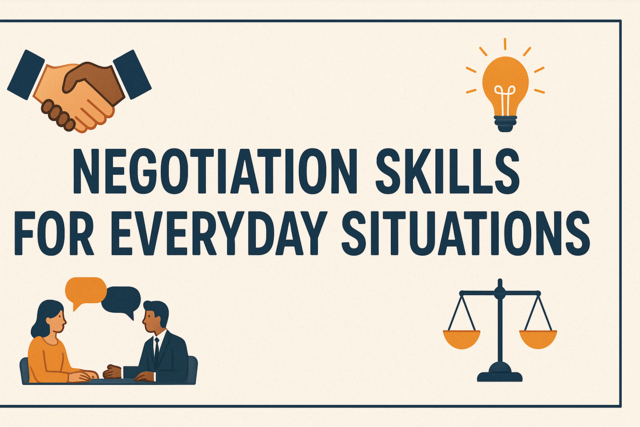Online Class: Building Patience and Tolerance

-
15Lessons
-
22Exams &
Assignments -
7Hours
average time -
0.7CEUs
Course Description
Welcome to the transformative journey of "Building Patience and Tolerance," an immersive course designed not just to teach, but to fundamentally reshape the way you engage with the world. Imagine a life where stress no longer dictates your reactions, where empathy creates profound connections, and every challenge becomes an opportunity for growth. This isn't a distant dream; it's the tangible reality that awaits you upon enrolling in this unique and essential course.
From the moment you join, you'll be drawn into a world that not only broadens your perspective but enriches your day-to-day interactions. Picture yourself gracefully navigating the hustle and bustle of modern life, equipped with an inner calm that allows you to savor each moment fully. This course invites you to break free from the relentless pace of the present day and embraces the wisdom of ages past--a timeless dance between patience and progress.
You'll begin this exploration by delving into history's lessons, understanding how ancient civilizations leaned on patience as a tool for survival. As you contrast this with today's fast-paced world, you'll discover how patience remains a vital skill for navigating modern complexities. Through this lens, you will cultivate a balanced mindset, one that allows for mindful progress amidst rapid advancements.
This journey will transform your personal and professional landscapes. We'll guide you through the art of mindful living, teaching you to anchor yourself in the present, cultivating empathy and resilience. You'll learn tools to turn anger into a catalyst for personal growth, simultaneously gaining emotional intelligence and the ability to face life's challenges with grace and patience.
But that's just the beginning. Imagine breaking down barriers with empathy, seeing the world through others' eyes, and forming meaningful connections in an increasingly diverse society. Our role-playing and perspective-taking exercises will open up new pathways of understanding, reducing prejudice and enhancing communication. Suddenly, the world feels more inclusive, more compassionate, and infinitely richer.
We also equip you with the art of active listening, a skillset crucial for nurturing relationships both personal and professional. By engaging deeply with others, you'll not only communicate more effectively but also enrich your own understanding of the complex emotional landscapes around you.
Self-regulation becomes second nature as you develop a profound awareness of your own emotional triggers. Mindfulness and journaling techniques enhance this awareness, ensuring that you maintain composure under pressure and approach interactions with a calm confidence.
As you progress, you'll tackle cognitive distortions that cloud judgment and foster intolerance. Empowered with strategies to challenge and transform these thought patterns, you'll adopt a more inclusive, accepting worldview--one that celebrates diversity rather than fearing it.
Throughout your journey, you'll unearth the hidden narratives that have historically shaped societal norms. By understanding these stories, you gain invaluable insights into human coexistence and the dynamics of multicultural interactions, preparing you to thrive in an interconnected world.
Imagine the sense of achievement as you embrace a growth mindset, valuing effort and curiosity over innate talent. This shift in perspective not only enhances your tolerance but also nurtures a lifelong enthusiasm for learning and exploration.
The physiological insights you gain will be foundational, revealing how your emotions are intricately tied to your biological makeup. With effective management strategies, mindfulness, and emotional intelligence, you'll conquer the physiological hurdles that inhibit patience and tolerance.
By course completion, patience will be your tool for personal growth and resilience--a cherished asset that transforms setbacks into stepping stones and empowers you to set and achieve realistic, fulfilling goals.
Enroll now and venture beyond the ordinary. This isn't just a course; it's an essential pathway to a more patient, tolerant, and enriched life. Your future self will thank you for the wisdom and compassion you're about to cultivate. Don't wait--begin your transformative journey today.
- Business
- Business Ethics Courses
- Harassment Prevention Courses
- Human Resources Certifications
- Management
- Aromatherapy Courses
- Caregiver Courses
- Career Development Courses
- Communications Courses
- Confidence and Self Esteem Courses
- Healing
- Human Anatomy Courses
- Medical Skills
- Health & Medicine
- Nutrition
- Marketing
- Microsoft Office Certification Courses
- Life Coaching Courses
- Self-Improvement
- Small Business Certifications
- Safety
- Writing Improvement
- Business Writing Courses
Course Lessons
Lesson 1. The Timeless Dance of Patience and Progress
 Review Practice Worksheet: Lesson-1-StudyGuide-27222.pdf
Review Practice Worksheet: Lesson-1-StudyGuide-27222.pdf Lesson discussions: Reasons for Taking this Course
Lesson discussions: Reasons for Taking this Course Complete: Lesson 1 Activity
Complete: Lesson 1 Activity Assessment: Lesson 1 Review Exam
Assessment: Lesson 1 Review Exam
Lesson 2. Mindful Living: Empathy and Resilience Day by Day
 Review Practice Worksheet: Lesson-2-Downloadable-27225.pdf
Review Practice Worksheet: Lesson-2-Downloadable-27225.pdf Complete: Lesson 2 Activity
Complete: Lesson 2 Activity Assessment: Lesson 2 Review Exam
Assessment: Lesson 2 Review Exam
Lesson 3. Beyond Anger: Building Patience and Emotional Resilience
 Review Practice Worksheet: Lesson-3-Downloadable-27228.pdf
Review Practice Worksheet: Lesson-3-Downloadable-27228.pdf Complete: Lesson 3 Activity
Complete: Lesson 3 Activity Assessment: Lesson 3 Review Exam
Assessment: Lesson 3 Review Exam
Lesson 4. Empathy Unveiled: Building Bridges in a Diverse World
 Review Practice Worksheet: Lesson-4-HomeWork-27231.pdf
Review Practice Worksheet: Lesson-4-HomeWork-27231.pdf Complete: Lesson 4 Activity
Complete: Lesson 4 Activity Assessment: Lesson 4 Review Exam
Assessment: Lesson 4 Review Exam
Lesson 5. Mastering the Fundamentals of Active Listening
 Review Practice Worksheet: Lesson-5-HomeWork-27234.pdf
Review Practice Worksheet: Lesson-5-HomeWork-27234.pdf Complete: Lesson 5 Activity
Complete: Lesson 5 Activity Assessment: Lesson 5 Review Exam
Assessment: Lesson 5 Review Exam
Lesson 6. Empathy & Self-Regulation: The Keys to Tolerant Relationships
 Review Practice Worksheet: Lesson-6-WorkSheet-27237.pdf
Review Practice Worksheet: Lesson-6-WorkSheet-27237.pdf Complete: Lesson 6 Activity
Complete: Lesson 6 Activity Assessment: Lesson 6 Review Exam
Assessment: Lesson 6 Review Exam
Lesson 7. Embracing Complexity: From Distortions to Empathy
 Review Practice Worksheet: Lesson-7-Activity-27239.pdf
Review Practice Worksheet: Lesson-7-Activity-27239.pdf Complete: Lesson 7 Activity
Complete: Lesson 7 Activity Assessment: Lesson 7 Review Exam
Assessment: Lesson 7 Review Exam
Lesson 8. Norms and Narratives: Foundations of Societal Tolerance
 Review Practice Worksheet: Lesson-8-Downloadable-27243.pdf
Review Practice Worksheet: Lesson-8-Downloadable-27243.pdf Assessment: Lesson 8 Review Exam
Assessment: Lesson 8 Review Exam
Lesson 9. Patience and Growth: Building a Foundation for Success
 Review Practice Worksheet: Lesson-9-HomeWork-27246.pdf
Review Practice Worksheet: Lesson-9-HomeWork-27246.pdf Assessment: Lesson 9 Review Exam
Assessment: Lesson 9 Review Exam
Lesson 10. Physiological Insights for Patience
 Review Practice Worksheet: Lesson-10-Downloadable-27250.pdf
Review Practice Worksheet: Lesson-10-Downloadable-27250.pdf Assessment: Lesson 10 Review Exam
Assessment: Lesson 10 Review Exam
Lesson 11. Patience as a Tool for Personal Growth and Resilience
 Review Practice Worksheet: Lesson-11-StudyGuide-27252.pdf
Review Practice Worksheet: Lesson-11-StudyGuide-27252.pdf Assessment: Lesson 11 Review Exam
Assessment: Lesson 11 Review Exam
Lesson 12. Navigating Emotional Triggers for Greater Empathy
 Review Practice Worksheet: Lesson-12-HomeWork-27255.pdf
Review Practice Worksheet: Lesson-12-HomeWork-27255.pdf Assessment: Lesson 12 Review Exam
Assessment: Lesson 12 Review Exam
Lesson 13. Ancient Practice, Modern Benefits: How Meditation Shapes Our Patience and Tolerance
 Review Practice Worksheet: Lesson-13-StudyGuide-27258.pdf
Review Practice Worksheet: Lesson-13-StudyGuide-27258.pdf Assessment: Lesson 13 Review Exam
Assessment: Lesson 13 Review Exam
Lesson 14. Beyond Prejudice: Fostering Inclusivity and Understanding
 Review Practice Worksheet: Lesson-14-HomeWork-27261.pdf
Review Practice Worksheet: Lesson-14-HomeWork-27261.pdf Assessment: Lesson 14 Review Exam
Assessment: Lesson 14 Review Exam
Lesson 15. Identifying Emotional Hurdles: Building Emotional Resilience
 Review Practice Worksheet: Lesson-15-WorkSheet-27264.pdf
Review Practice Worksheet: Lesson-15-WorkSheet-27264.pdf Lesson discussions: End of Course Poll; Course Comments
Lesson discussions: End of Course Poll; Course Comments Assessment: Lesson 15 Review Exam
Assessment: Lesson 15 Review Exam
Learning Outcomes
- Identify strategies to cultivate patience in digital-age learners, incorporating mindfulness techniques and historical perspectives on patience.
- Describe how historical events like the Industrial Revolution influenced societal impatience and shaped modern values of immediacy.
- Demonstrate the ability to focus on the present moment through mindfulness practices, reducing stress and increasing patience.
- Describe how acceptance and non-judgmental awareness in mindfulness can enhance tolerance and improve interpersonal relationships.
- Demonstrate emotional regulation techniques, such as mindfulness and relaxation, to manage stress and maintain composure in challenging situations.
- Recognize the root causes of frustration and anger by identifying specific triggers in personal and professional contexts.
- Define and describe the components of affective and cognitive empathy, demonstrating understanding by providing real-world examples.
- Identify at least three barriers to empathy and formulate strategies to overcome these barriers, illustrating understanding with practical applications.
- Define active listening by accurately identifying and describing its key components, including undivided attention, empathy, and reflective responses.
- Demonstrate active listening skills by applying techniques such as maintaining eye contact, paraphrasing, and asking open-ended questions in communication scenarios.
- Apply self-regulation strategies to manage impulses and respond constructively, fostering patience in emotionally charged interactions.
- Demonstrate an understanding of self-awareness by identifying and reflecting on personal emotional triggers in daily life situations.
- Demonstrate mastery of lesson content at levels of 70% or higher.
Additional Course Information

- Document Your Lifelong Learning Achievements
- Earn an Official Certificate Documenting Course Hours and CEUs
- Verify Your Certificate with a Unique Serial Number Online
- View and Share Your Certificate Online or Download/Print as PDF
- Display Your Certificate on Your Resume and Promote Your Achievements Using Social Media

Related Courses
-
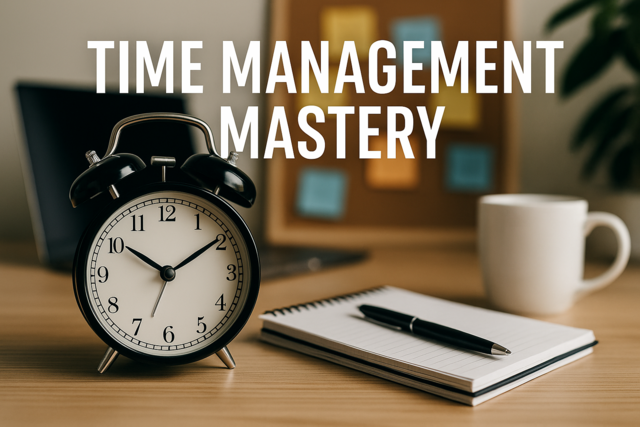 4 hours
0.4 CEUs
Time Management Mastery
+ More Info
4 hours
0.4 CEUs
Time Management Mastery
+ More Info
-
 6 hours
0.6 CEUs
Holistic Nutrition: Fueling Your Body and Mind
+ More Info
6 hours
0.6 CEUs
Holistic Nutrition: Fueling Your Body and Mind
+ More Info
-
 5 hours
0.5 CEUs
Family Dynamics and Trauma: Unraveling the Impact on Relationships
+ More Info
5 hours
0.5 CEUs
Family Dynamics and Trauma: Unraveling the Impact on Relationships
+ More Info
-
 4 hours
0.4 CEUs
Breathwork for Emotional Balance
+ More Info
4 hours
0.4 CEUs
Breathwork for Emotional Balance
+ More Info
-
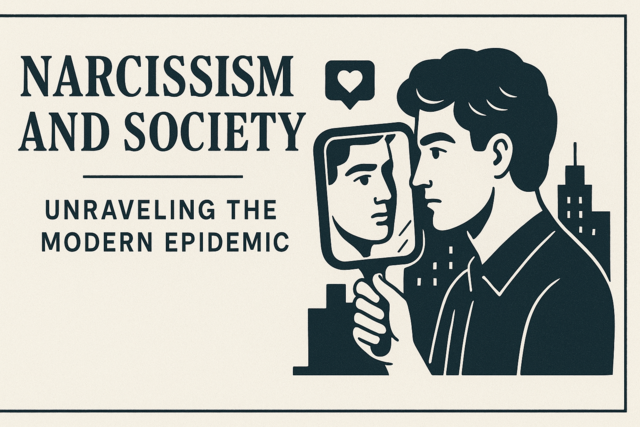 6 hours
0.6 CEUs
Narcissism and Society: Unraveling the Modern Epidemic
+ More Info
6 hours
0.6 CEUs
Narcissism and Society: Unraveling the Modern Epidemic
+ More Info
-
 5 hours
0.5 CEUs
Advanced Communication Skills for the Workplace
+ More Info
5 hours
0.5 CEUs
Advanced Communication Skills for the Workplace
+ More Info
-
 4 hours
0.4 CEUs
Strategies for Teaching English Language Learners
+ More Info
4 hours
0.4 CEUs
Strategies for Teaching English Language Learners
+ More Info
-
 5 hours
0.5 CEUs
Advanced Pedagogical Techniques
+ More Info
5 hours
0.5 CEUs
Advanced Pedagogical Techniques
+ More Info
-
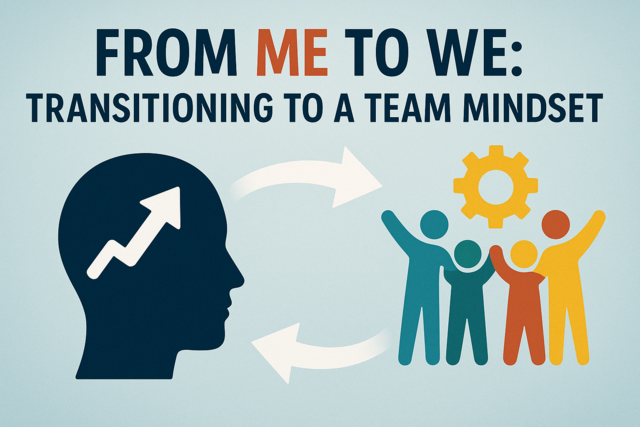 3 hours
0.3 CEUs
From Me to We: Transitioning to a Team Mindset
+ More Info
3 hours
0.3 CEUs
From Me to We: Transitioning to a Team Mindset
+ More Info
-
 5 hours
0.5 CEUs
Cosmic Anomalies: Unraveling Unsolved Astronomical Phenomenon
+ More Info
5 hours
0.5 CEUs
Cosmic Anomalies: Unraveling Unsolved Astronomical Phenomenon
+ More Info
-
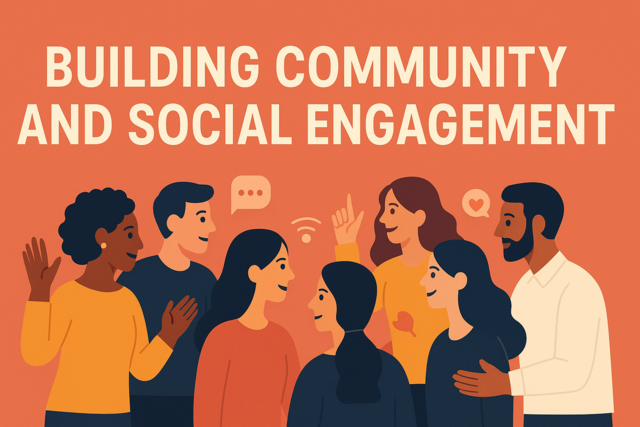 7 hours
0.7 CEUs
Building Community and Social Engagement
+ More Info
7 hours
0.7 CEUs
Building Community and Social Engagement
+ More Info
-
 5 hours
0.5 CEUs
Advanced Excel for Data Management
+ More Info
5 hours
0.5 CEUs
Advanced Excel for Data Management
+ More Info
-
 7 hours
0.7 CEUs
Family Engagement and Support Strategies in Special Education
+ More Info
7 hours
0.7 CEUs
Family Engagement and Support Strategies in Special Education
+ More Info
-
 7 hours
0.7 CEUs
Authentic Connections: The Importance of Transparency in Relationships
+ More Info
7 hours
0.7 CEUs
Authentic Connections: The Importance of Transparency in Relationships
+ More Info
-
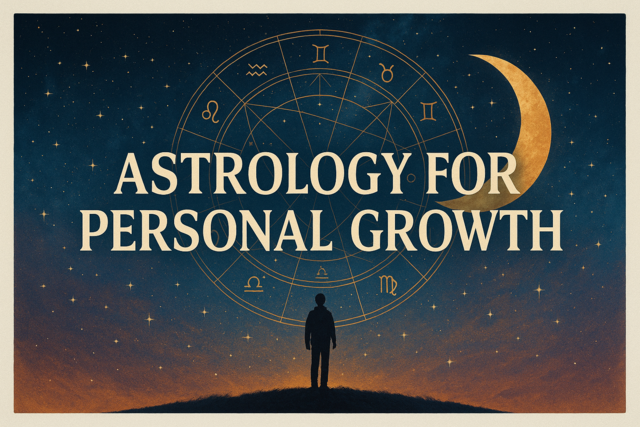 4 hours
0.4 CEUs
Astrology for Personal Growth
+ More Info
4 hours
0.4 CEUs
Astrology for Personal Growth
+ More Info
-
 6 hours
0.6 CEUs
Flawless Finish: Understanding Details in Luxury Fashion
+ More Info
6 hours
0.6 CEUs
Flawless Finish: Understanding Details in Luxury Fashion
+ More Info
-
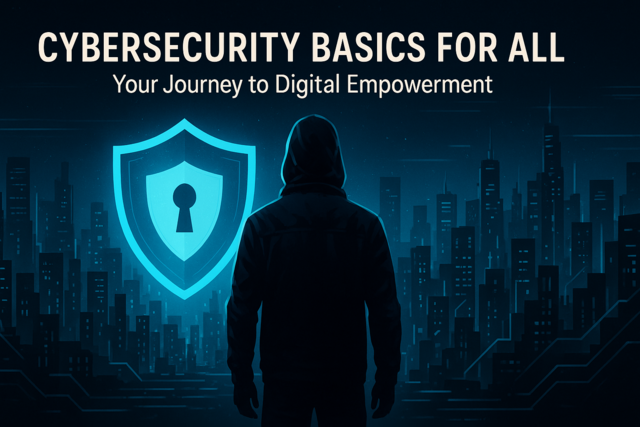 3 hours
0.3 CEUs
Cybersecurity Basics for All
+ More Info
3 hours
0.3 CEUs
Cybersecurity Basics for All
+ More Info
-
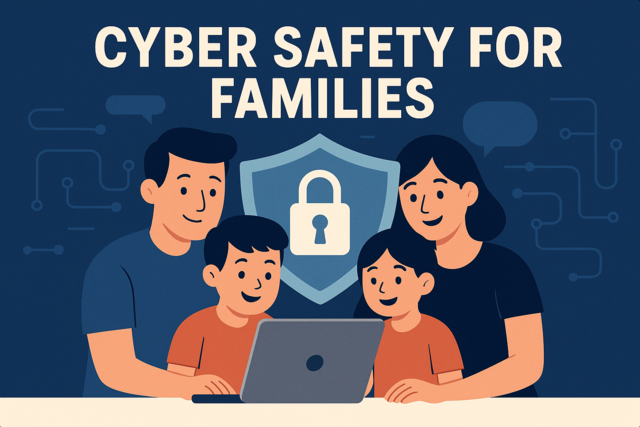 5 hours
0.5 CEUs
Cyber Safety for Families
+ More Info
5 hours
0.5 CEUs
Cyber Safety for Families
+ More Info
-
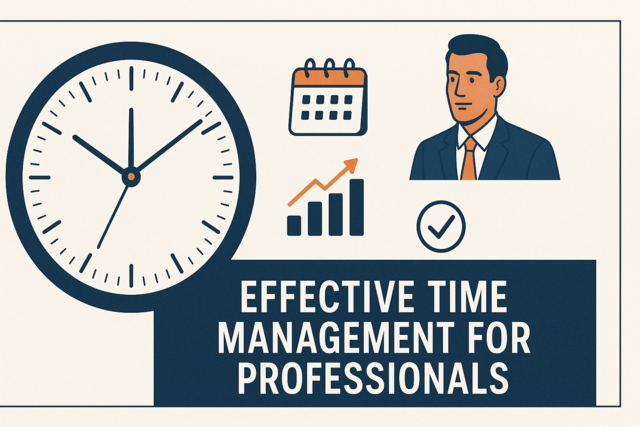 7 hours
0.7 CEUs
Effective Time Management for Professionals
+ More Info
7 hours
0.7 CEUs
Effective Time Management for Professionals
+ More Info
-
 6 hours
0.6 CEUs
Spirit World: Communicating Beyond the Veil
+ More Info
6 hours
0.6 CEUs
Spirit World: Communicating Beyond the Veil
+ More Info
-
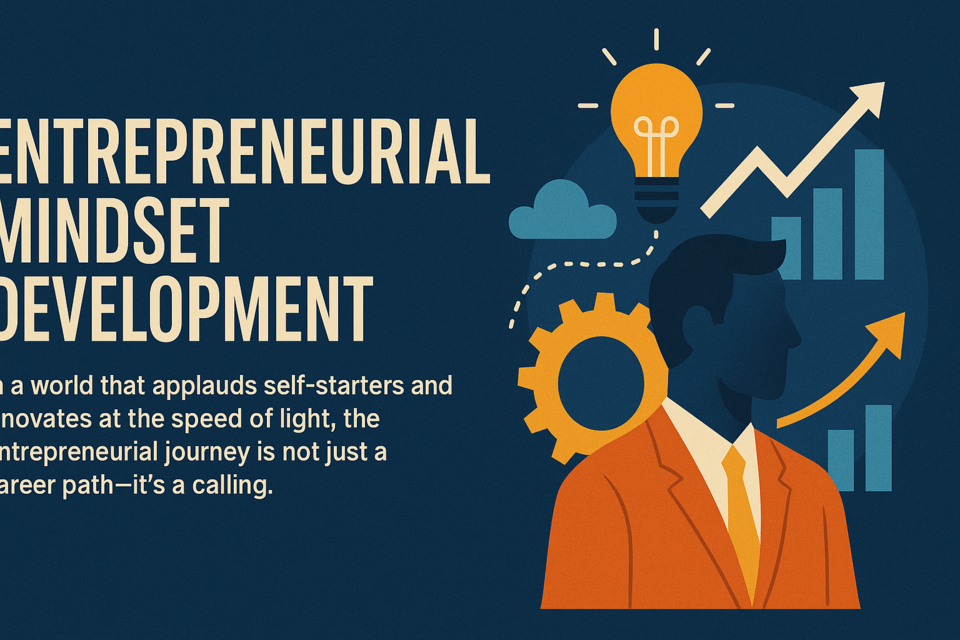 7 hours
0.7 CEUs
Entrepreneurial Mindset Development
+ More Info
7 hours
0.7 CEUs
Entrepreneurial Mindset Development
+ More Info
-
 7 hours
0.7 CEUs
Assistive Technology for Vision and Hearing Impairments
+ More Info
7 hours
0.7 CEUs
Assistive Technology for Vision and Hearing Impairments
+ More Info
-
 3 hours
0.3 CEUs
Effective Teaching Strategies for Diverse Classrooms
+ More Info
3 hours
0.3 CEUs
Effective Teaching Strategies for Diverse Classrooms
+ More Info
-
 3 hours
0.3 CEUs
Budgeting and Financial Planning
+ More Info
3 hours
0.3 CEUs
Budgeting and Financial Planning
+ More Info
-
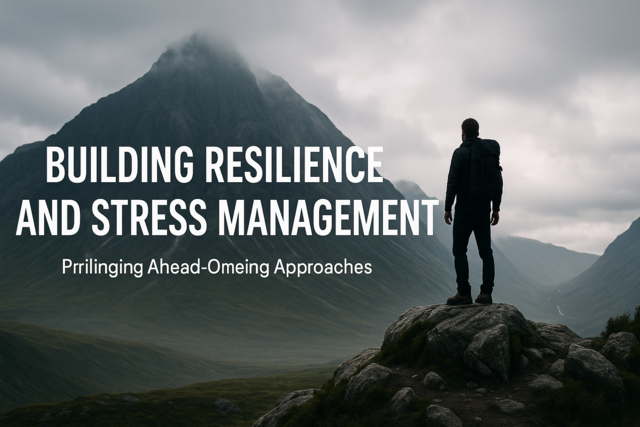 5 hours
0.5 CEUs
Building Resilience and Stress Management
+ More Info
5 hours
0.5 CEUs
Building Resilience and Stress Management
+ More Info
-
 7 hours
0.7 CEUs
Civic Education and Engagement
+ More Info
7 hours
0.7 CEUs
Civic Education and Engagement
+ More Info
-
 3 hours
0.3 CEUs
Customer Service Excellence
+ More Info
3 hours
0.3 CEUs
Customer Service Excellence
+ More Info
-
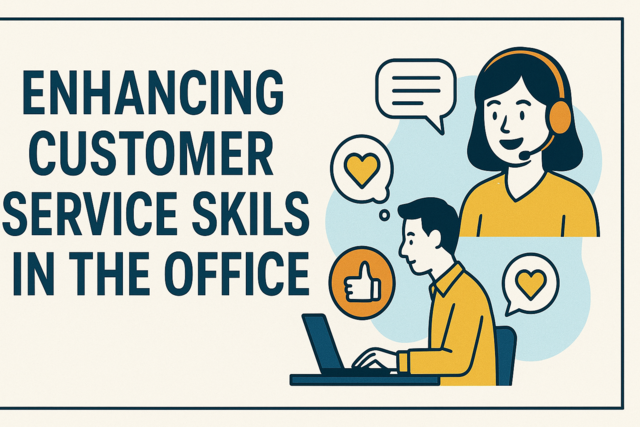 6 hours
0.6 CEUs
Enhancing Customer Service Skills in the Office
+ More Info
6 hours
0.6 CEUs
Enhancing Customer Service Skills in the Office
+ More Info
-
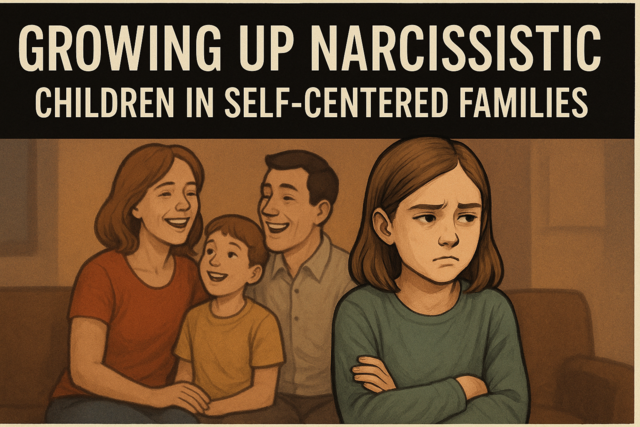 3 hours
0.3 CEUs
Growing Up Narcissistic: Children in Self-Centered Families
+ More Info
3 hours
0.3 CEUs
Growing Up Narcissistic: Children in Self-Centered Families
+ More Info
-
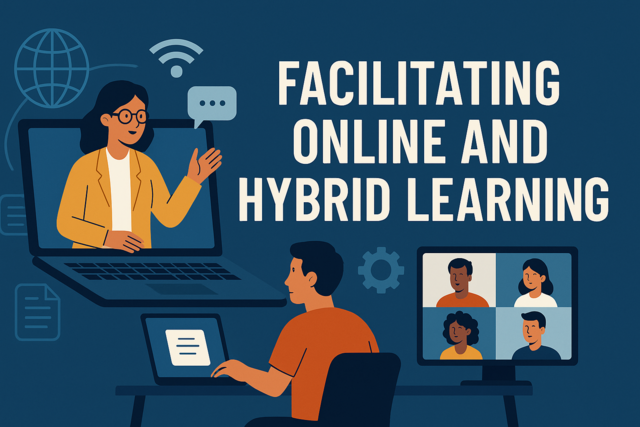 4 hours
0.4 CEUs
Facilitating Online and Hybrid Learning
+ More Info
4 hours
0.4 CEUs
Facilitating Online and Hybrid Learning
+ More Info
-
 3 hours
0.3 CEUs
Social Media Content Creation
+ More Info
3 hours
0.3 CEUs
Social Media Content Creation
+ More Info
-
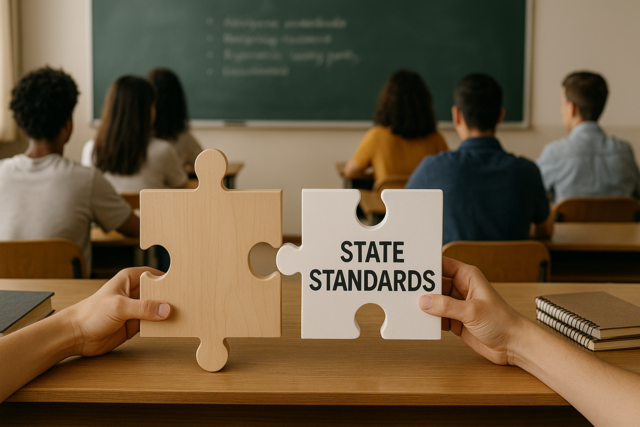 7 hours
0.7 CEUs
Aligning Curriculum with State Standards
+ More Info
7 hours
0.7 CEUs
Aligning Curriculum with State Standards
+ More Info
-
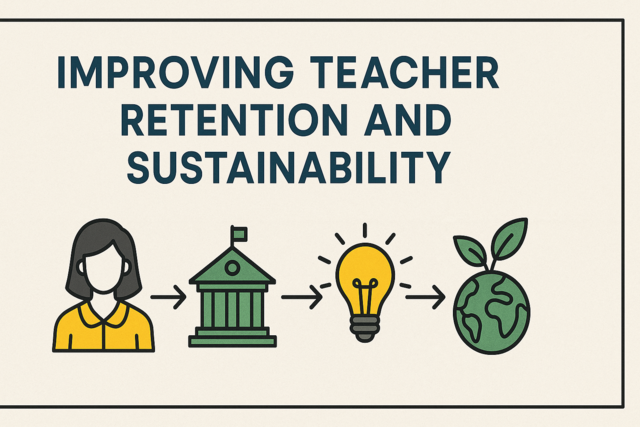 3 hours
0.3 CEUs
Improving Teacher Retention and Sustainability
+ More Info
3 hours
0.3 CEUs
Improving Teacher Retention and Sustainability
+ More Info
-
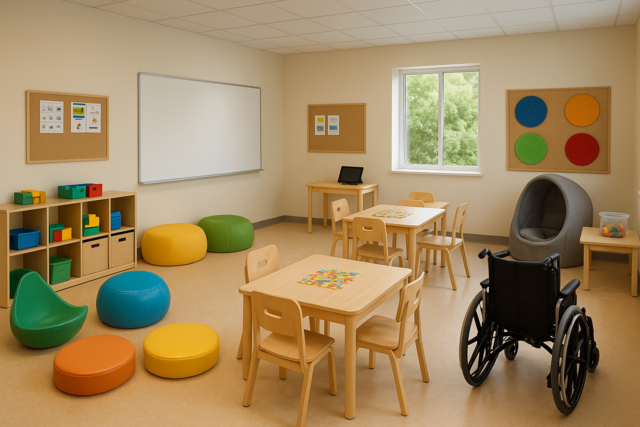 7 hours
0.7 CEUs
Classroom Design and Environment for Special Needs Students
+ More Info
7 hours
0.7 CEUs
Classroom Design and Environment for Special Needs Students
+ More Info
-
 5 hours
0.5 CEUs
Iconic Inspirations: Modern Fashion's Heritage and Future
+ More Info
5 hours
0.5 CEUs
Iconic Inspirations: Modern Fashion's Heritage and Future
+ More Info
-
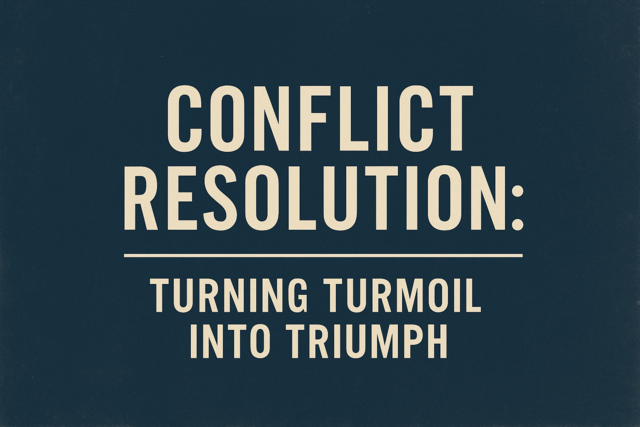 5 hours
0.5 CEUs
Conflict Resolution: Turning Turmoil into Triumph
+ More Info
5 hours
0.5 CEUs
Conflict Resolution: Turning Turmoil into Triumph
+ More Info
-
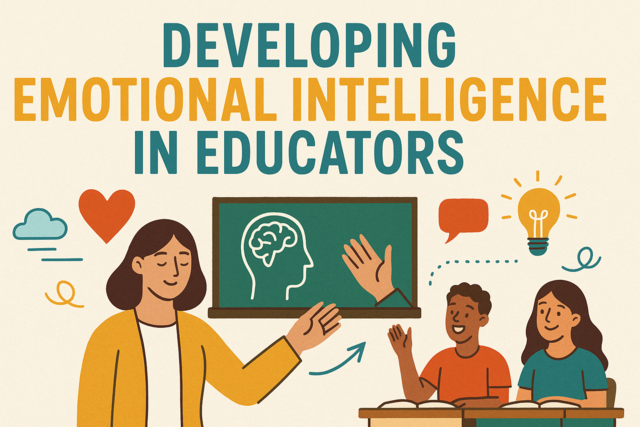 4 hours
0.4 CEUs
Developing Emotional Intelligence in Educators
+ More Info
4 hours
0.4 CEUs
Developing Emotional Intelligence in Educators
+ More Info
-
 7 hours
0.7 CEUs
Vintage Visions: Integrating Past Styles in Modern Luxury
+ More Info
7 hours
0.7 CEUs
Vintage Visions: Integrating Past Styles in Modern Luxury
+ More Info
-
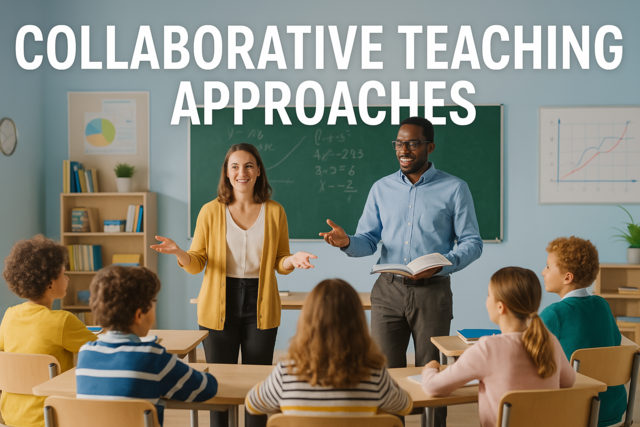 3 hours
0.3 CEUs
Collaborative Teaching Approaches
+ More Info
3 hours
0.3 CEUs
Collaborative Teaching Approaches
+ More Info
-
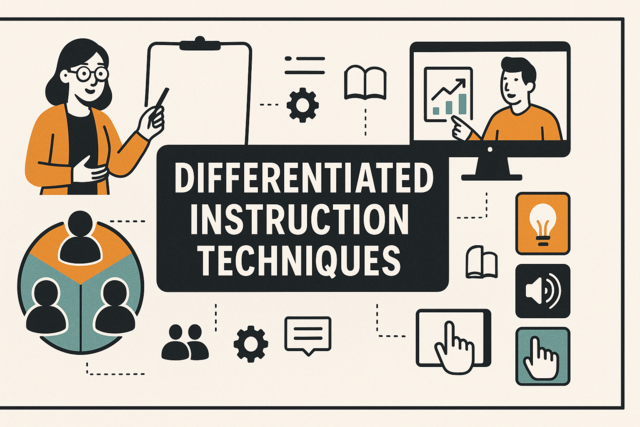 6 hours
0.6 CEUs
Differentiated Instruction Techniques
+ More Info
6 hours
0.6 CEUs
Differentiated Instruction Techniques
+ More Info




